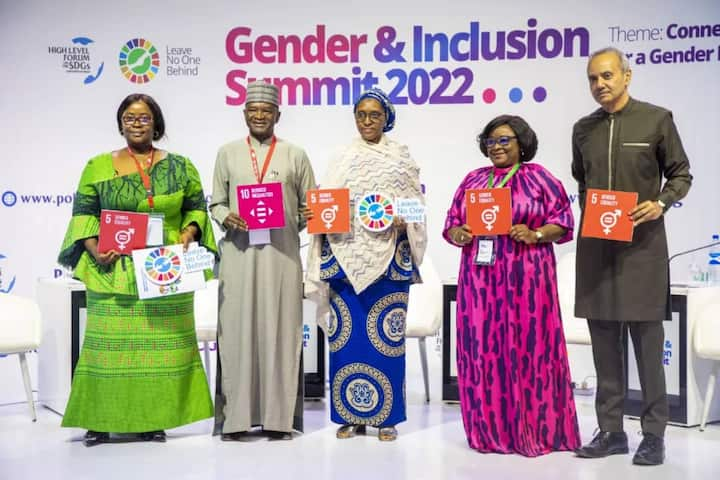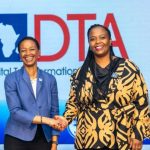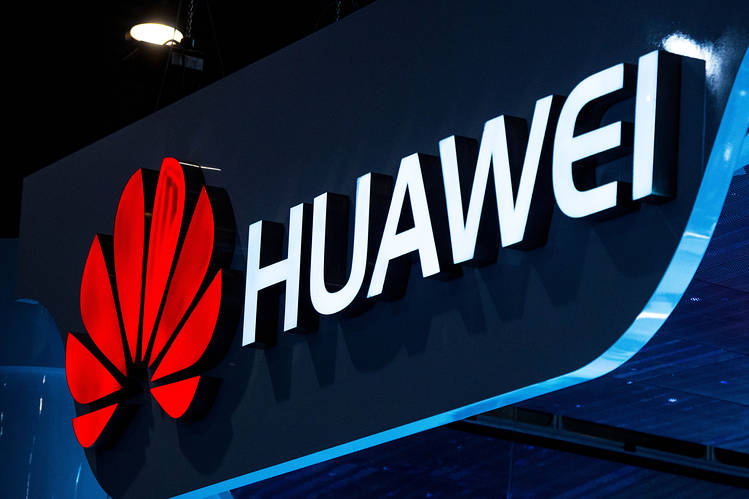The UN Women’s representative, Beatrice Eyong, has stated female entrepreneurs in Nigeria have a variety of loan options at their disposal made available and can be accessed if only they ask the appropriate questions.
Ms Beatrice Eyong, the United Nations Women’s country representative, made this known in Abuja while speaking during a panellist session at the 2022 Gender and Inclusion Summit organised by the Policy Innovation Centre (PIC) on Wednesday, November 16, at the Transcorp Hilton.
Ms Eyong, speaking on the loan opportunities available to female entrepreneurs, stated that there are several banks in Nigeria that offer lucrative loans to female entrepreneurs.
She said: “We have banks that have credit lines to support female entrepreneurs. “For instance, if you look at the activity that we carried out in Niger state, for smart agriculture, it was funded by Stanbic Bank. “We have the FCMB bank; they have the “She Ventures”, which have up to 5 million loan opportunities without interest rates, to ensure that women can access finance.”
She further stated that they’re institutions available to render technical support to female entrepreneurs like the UN Women and UNDP.
When asked why there are still gaps despite the numerous opportunities she had reeled out, Ms Eyong said: “First of all, we must know that Nigeria is a very big country. What a smaller country will do may for 8 million or 7 million women (sic); here in Nigeria, we have about 100 million women. “So, there is work that is being done, but there is still more to be done. We acknowledge the fact that the legal framework is not yet perfect as we want it.
“But we think that the private sector, the banking sector are showing a good example. For example, they have reserved 30 percent of executive position within that sector, reserved for women.”
Similarly, the Minister of Finance, Budget, and National Planning, Zainab Ahmed, also revealed some of the federal government intervention for women. She said: “The federal government of Nigeria has the government enterprise empowerment program; the largest beneficiaries of this program are the women.
“We have also the ‘conditional cash transfer program’, 93 percent of the caregivers are women.”
She added that the government has made a deliberate policy choice to focus on areas where women will benefit more and perform better. According to Zainab, the gender-sensitive budget plan for her ministry has been distributed to all MDAs working under the ministry.
She mentioned the “conditional cash transfer program,” where 93% of the beneficiaries were women, when asked about monitoring and evaluating how female beneficiaries used the various interventions.
She revealed that the UN Women monitored the economic sustainability plan (ESP) process, and the outcomes were evident. Zainab said the 50 per cent target for female beneficiaries was achieved during the program. She said: “In the JIK program, for example, it shows that the performance of the repayment of those small loans by the women is much better than the other folks (men).”
She stated that unlike the male folks, when a loan is given to a woman, it is certain that she will return it on the due date.









